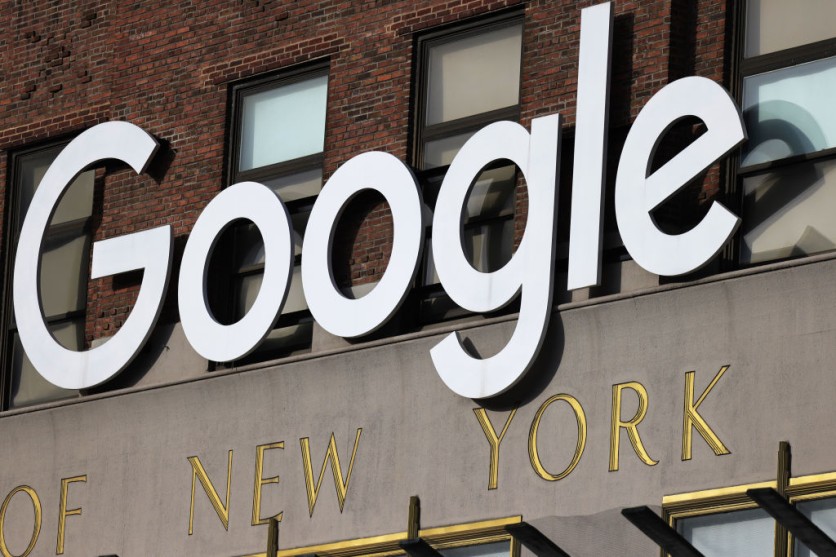A recent development has cast a shadow of concern over this dynamic, as Google's AI-powered search tool undergoes testing on a significant user base of approximately 10 million.

Citing AI's Harms to News Content
A new class action lawsuit has been filed in the U.S. District Court in D.C., accusing Google and its parent company Alphabet of engaging in anticompetitive behavior.
As per TechCrunch's report, this violates U.S. antitrust laws, including the Sherman Act. Filed by Helena World Chronicle, an Arkansas-based publisher, the lawsuit alleges that Google utilizes anticompetitive means to "siphon off" news publishers' content, readers, and ad revenue.
The complaint specifically highlights the detrimental impact of Google's new AI technologies, such as the Search Generative Experience (SGE) and Bard AI chatbot, on the issue.
The lawsuit contends that Google's actions are adversely affecting the free press by sharing publishers' content on its platform, resulting in the loss of billions of dollars for news publishers.
Besides the latest AI technologies, the suit also addresses Google's older question-and-answer technologies, including the "Knowledge Graph" launched in May 2012, as contributing to the problem.
As of 2020, the Knowledge Graph had expanded to encompass 500 billion facts related to 5 billion entities. However, according to the complaint, a significant portion of the collective intelligence integrated into Google's Knowledge Graph was allegedly obtained through the misappropriation of content from Publishers.
Additionally, the complaint points out that other Google technologies, such as Featured Snippets, contribute to diverting traffic away from publishers' websites. In this approach, Google algorithmically extracts answers directly from web pages.
Furthermore, the lawsuit addresses the potential impact of AI on publishers' businesses, a concern highlighted in a recent report by The Wall Street Journal. The report, published on Thursday, opened with a startling statistic.
Addressing This Issue
In a simulation, incorporating AI into Google search resulted in the AI answering the user's query without necessitating a click-through to the website in 75% of cases, leading to a loss of traffic. This revelation holds significant implications for publishers, given that Google currently accounts for nearly 40% of their traffic.
Bloomberg reported that certain publishers are taking proactive measures to address this issue. For instance, Axel Springer recently signed an agreement with OpenAI to license its news for AI model training.
However, the general sentiment among publishers is that they anticipate losing a significant portion of their website traffic, estimated to be between 20-40%, once Google's AI products are fully deployed.
Also Read : Meta Starts Cutting Access to News on Facebook, Instagram in Canada Amid Online News Act
The lawsuit echoes this concern, asserting that Google's recent strides in AI-based search were implemented with the specific intention of discouraging end-users from visiting the websites of Class members who are part of the digital news and publishing sector.
The lawsuit also raises additional concerns, touching upon issues such as fluctuations in AdSense rates and indications of improper spoliation of evidence on Google's part.
This is exemplified by the destruction of chat messages, a matter previously brought to attention in the recent Epic Games lawsuit against Google regarding app store antitrust issues, a case in which Epic emerged victorious.
Related Article : Infobot AI-Generated News Network Promises the Use of AI for Publicly Available Information to Create News Content





